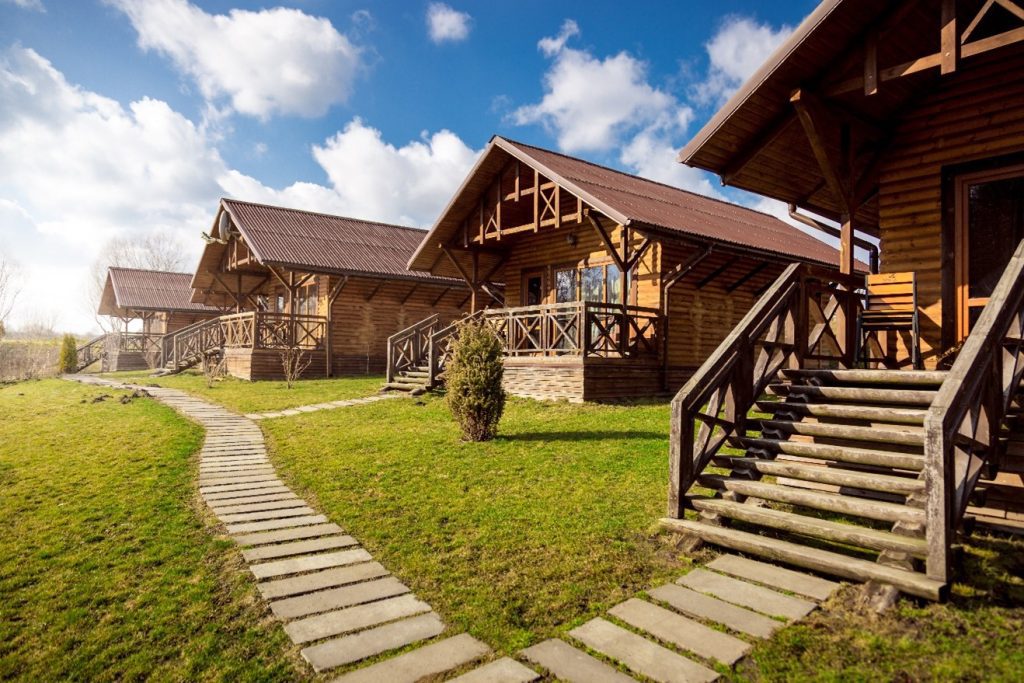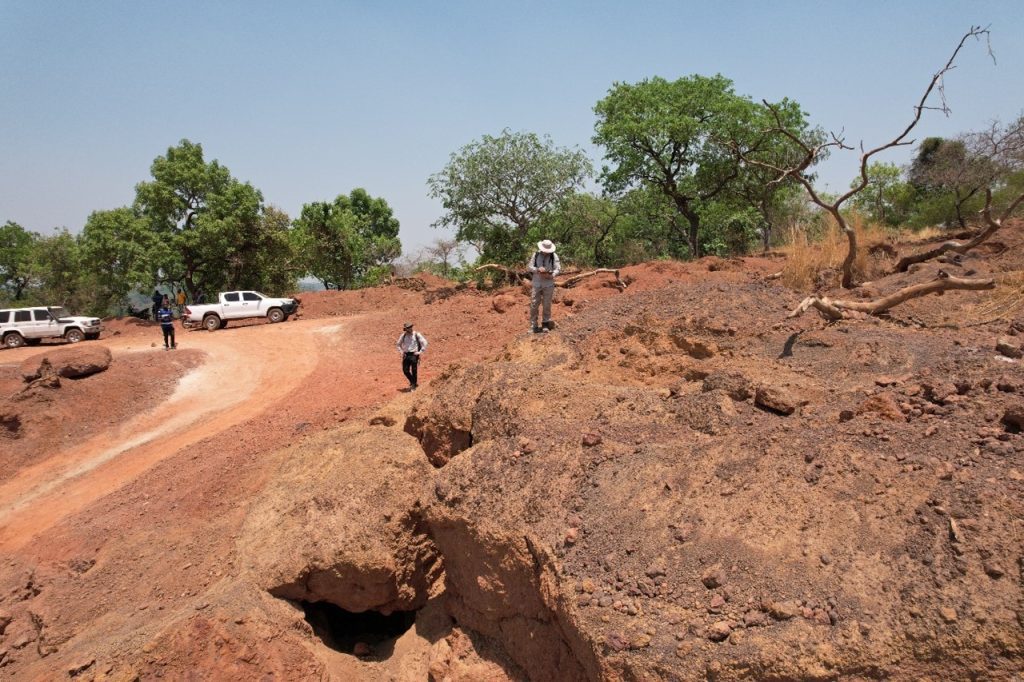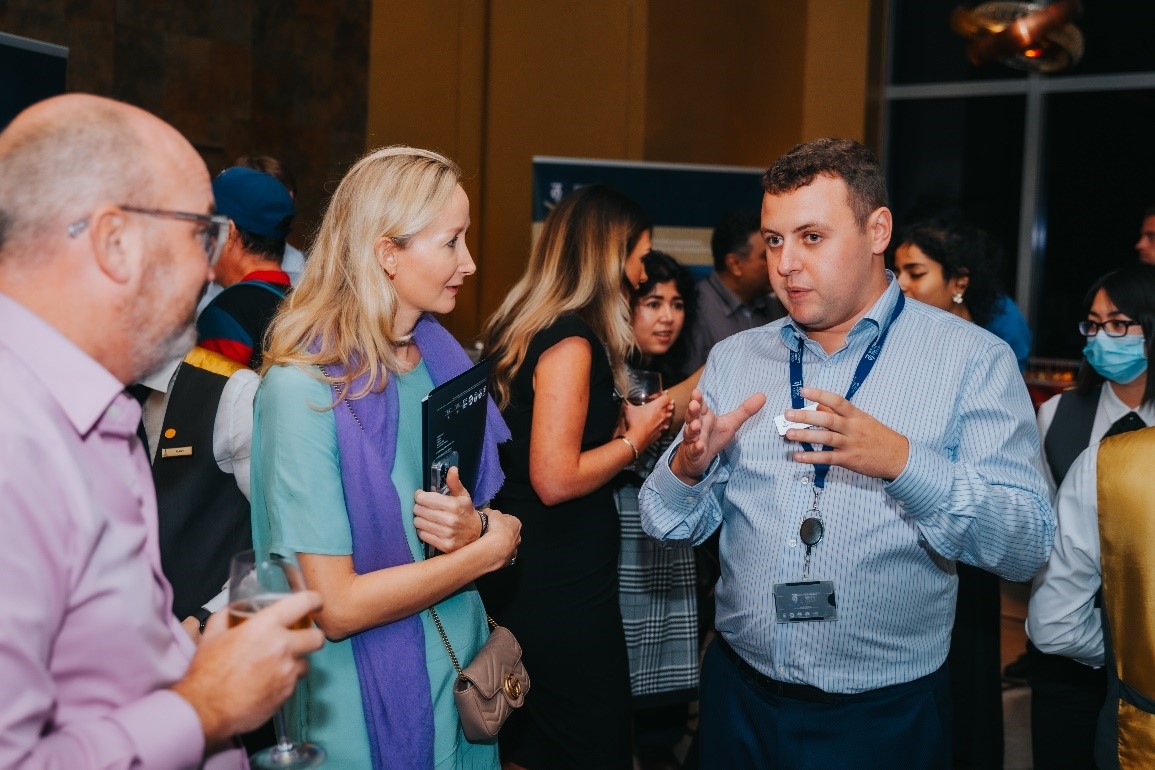Turning on the radio this morning, there’s news of another crisis. More extreme weather events in Europe. Then follows more political unrest in the ‘coup belt’ in Africa, talk of recession in the US. Domestically, another interest rate hike, inflation going nowhere. It feels to me like a constant state of unpredictability.
Each and every world event has a ripple effect across global and ultimately local markets. And this impacts on investments.
Many investments such as equities – stocks and shares – are market correlated so will perform well if the economy is performing, but will falter during times of economic turbulence.
So, the ability to be agile, to remain open minded about new asset classes, and make moves to diversify is one strategy investors are using to protect their portfolio. When your investments are failing, it’s time to challenge the status quo.
I am seeing this more and more.
Take for example one client on our books (let’s call him Mike), who managed a hugely successful residential property portfolio for a number of years. Over the last 18 months, he has experienced a growing number of tenant defaults, an increase in government red tape, and has really felt the impact of interest rate hikes.
It’s becoming a common story for the buy-to-let investor. So, Mike took the decision to move his capital away from residential to commercial property – in particular the leisure market, which is benefiting from the post COVID staycation boom. What’s more, he’s opted to invest in a fund operating a distressed acquisition strategy, which helps spread his risk and means he no longer has to be hands-on in terms of maintenance and management.

I have also witnessed a move towards ‘safe haven’ assets such as gold; in many cases from clients who had not considered the natural resources sector before. Smart investors saw the red flags following COVID when quantitative easing became monetary policy. They predicted the repercussions of the government handing out financial aid for “free”. As a result, they’ve either invested in safe haven assets, or tried to offset by achieving higher yields on their investments.
Clients can often show a reluctance to diversify into an investment world that’s unfamiliar. An asset class they don’t know. I can understand this.
Yet, the same principles apply irrespective of the goods. If you are informed and have access to an asset manager with a track record, you can have confidence that you are getting a broader picture of the opportunities available to you.

As a business, we took this approach to natural resources. Traditionally, we are a real estate asset manager, and we were looking to extend our offering. So, around 10 years ago, the company recognised that our reliance on minerals such as gold and bauxite, for batteries, construction and electrical components was only going to grow. After nearly a decade of research, visits and relationship building, it’s now one of the largest developers of natural resources in West Africa, by concessions under development, exploration and management. As a result, the clients on the Seventy Ninth Group’s books now benefit from a broader portfolio of options.
World events never stand still. When the world changes, you need to think differently about your investments.














